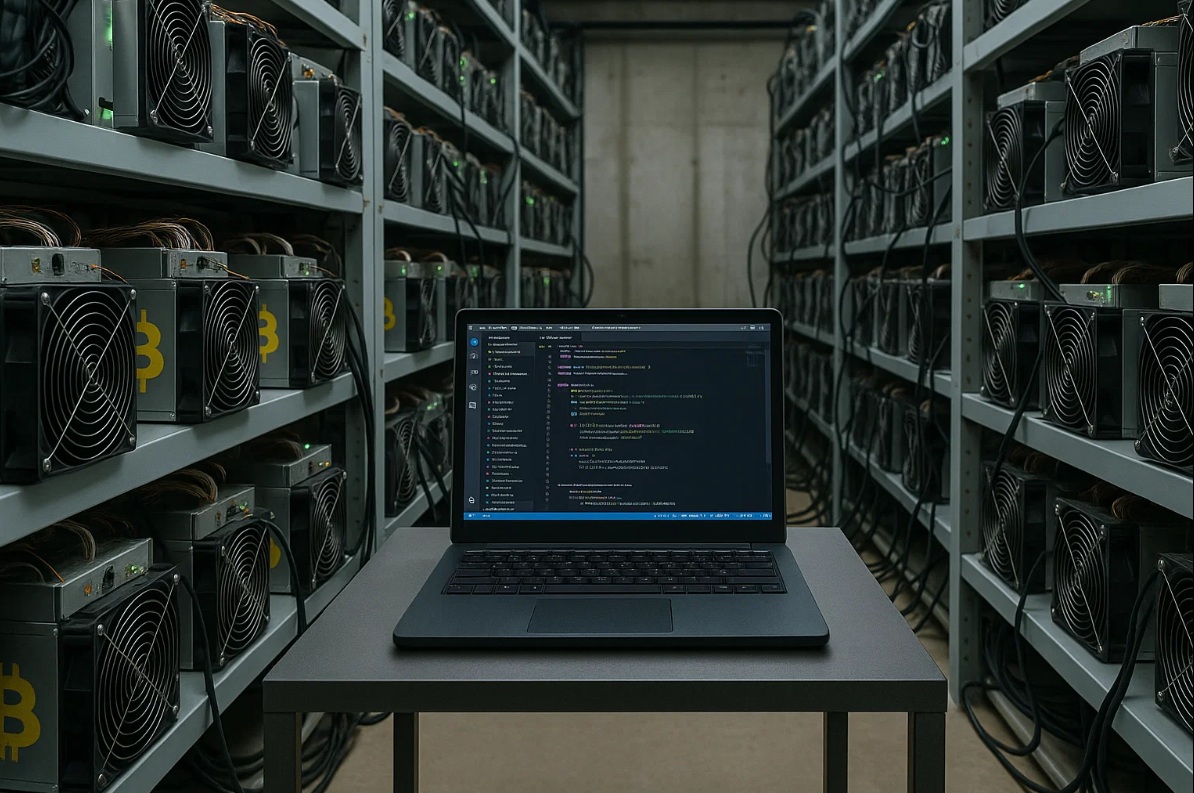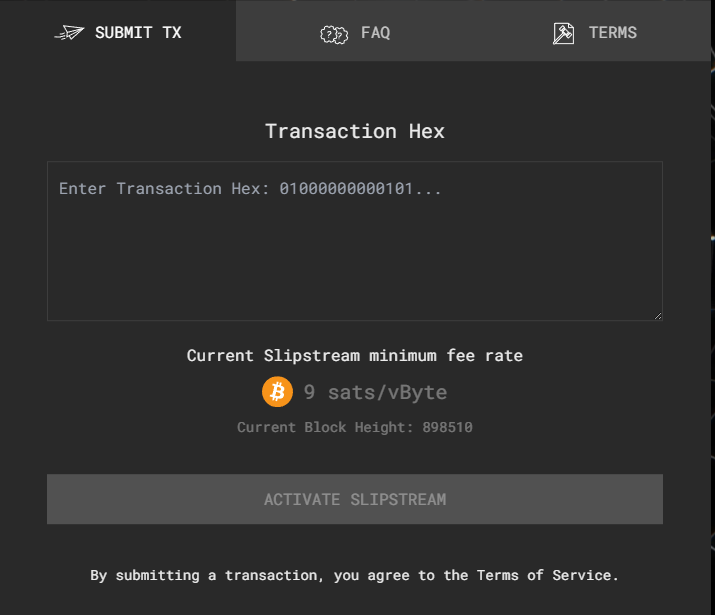
Bitcoin mining with the help of specialized ASIC mining devices has long since moved from the home hobby of technogicists to a large infrastructure business with fierce competition for each mined block. And in order to somehow increase their potential profits, miners go to certain tricks, one of which we will discuss in this article.
The Bitcoin cryptocurrency blockchain, although it appeared first, has a number of significant disadvantages compared to later solutions. Because of this, it is difficult to implement smart contract solutions or L2 networks on the BTC blockchain. This is primarily due to the limited size of metadata recorded in a single transaction. The latest versions of the Bitcoin Core client allow you to write no more than 83 bytes of additional data to a transaction in the so-called opcode (OP_RETURN). In the competing Bitcoin Knots solution, the allowed OP_RETURN size is even smaller, only 43 bytes.
That is, mining pools running with Bitcoin Core software will discard all transactions in which OP_RETURN is greater than 83 bytes.
However, there is a certain request among developers to record a much larger number of bytes in the metadata to run their solutions on the Bitcoin network, and some large miners can provide this opportunity for an additional fee.
To do this, they modify the open source code of the Bitcoin Core node, removing the 83 byte limit in OP_RETURN. But at the same time, other miners running on unmodified software will discard this non-standard transaction.
In order for such a non-standard transaction to be recorded in a block, it is necessary that this block be found by this particular miner who provides this service. Actually, because of this, the recording of "extended" transactions in the blockchain will occur with a significant delay. The delay time will depend on the capacity of the pool that provides such a service.
For example, such an opportunity to record long transactions in the blockchain is provided by a large industrial Bitcoin mining company - Mara.com To do this, she created a special SlipStream service.

The cost for each byte recorded in this service varies depending on the load of the mempool of this miner and usually ranges from 8 to 12 satoshis per byte.
Since the income of Bitcoin miners depends not only on the block reward, but also on the fees paid on the network, the addition of such services for recording non-standard transactions on the BTC network directly affects the income from mining, since you will have to pay a high commission for recording a transaction with a large OP_RETURN compared to a regular transaction.









